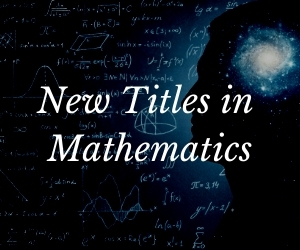System Upgrade on Tue, May 28th, 2024 at 2am (EDT)
Existing users will be able to log into the site and access content. However, E-commerce and registration of new users may not be available for up to 12 hours.For online purchase, please visit us again. Contact us at customercare@wspc.com for any enquiries.
The contributions of the proceedings cover almost all parts of the theory of formal languages from pure theoretical investigations to applications to programming languages. Main topics are combinatorial properties of words, sequences of words and sets of words, grammar systems and grammars with controlled derivations, generation of higher-dimensional objects and graphs, trace languages, numerical parameters of automata and languages.
Sample Chapter(s)
Family Of p-Uniform Tag Systems for p-Paperfolding Sequences (230 KB)
Contents:
- Cantor Sets and Dejean's Conjecture (J D Currie & R O Shelton)
- On Emptiness and Counting for Alternating Finite Automata (M Holzer)
- Nondeterminism Degrees for Context-Free Languages (K Salomaa & S Yu)
- Transforming a Single-Valued Transducer into a Mealy Machine (A Weber)
- The Computational Complexity of PCGS with Regular Components (L Cai)
- The Membership Problem for Unordered Vector Languages (G Satta)
- Finite State Recognizability for Two-Dimensional Languages: A Brief Survey (D Giammarresi)
- Prefix and Period Languages of Rational ω-Languages (H Calbrix & M Nivat)
- Recent Developments in Trace Theory (V Diekert et al.)
- Trace Languages Definable with Modular Quantifiers (M Droste & D Kuske)
- Towards Robustness in Parsing — Fuzzifying Context-Free Language Recognition (P R J Asveld)
- and other papers
Readership: Students and researchers in computer science.

























